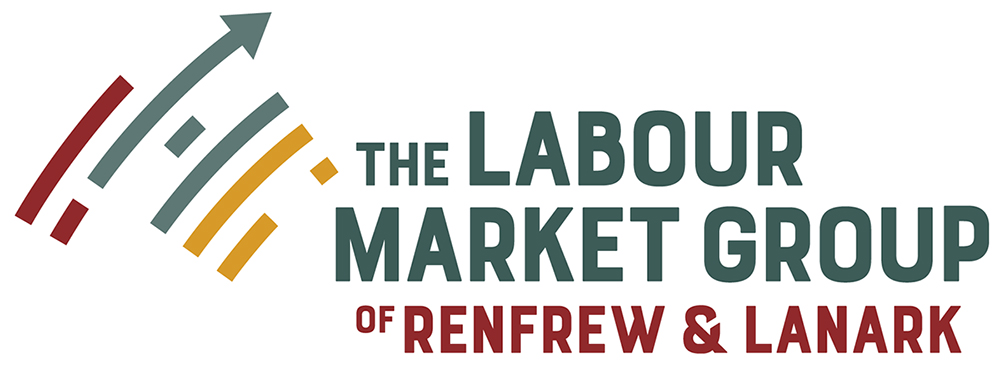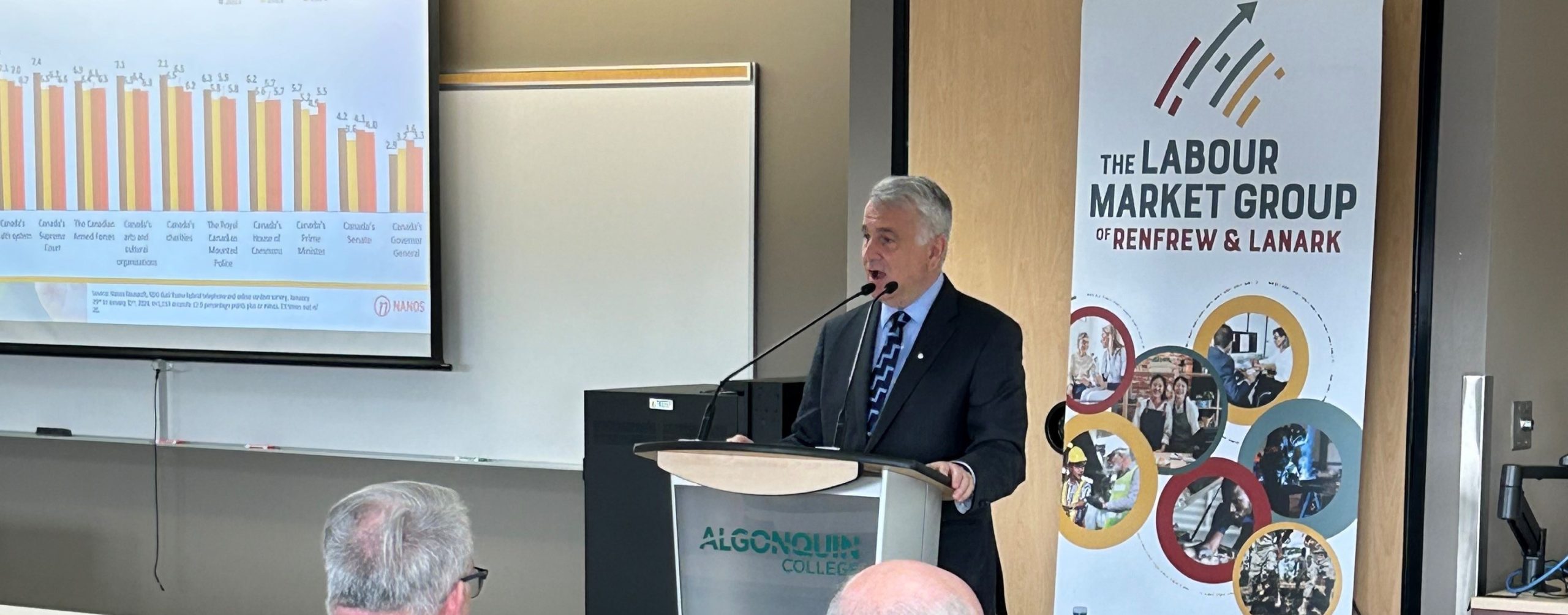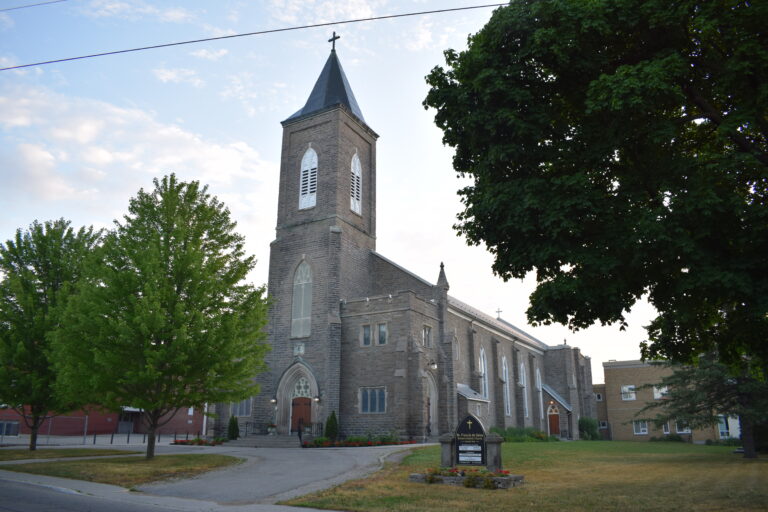Nik Nanos has been taking the pulse of Canadians for more than 30 years. The founder and chief data scientist for Nanos Research started up his polling company when he was studying at Queens University in Kingston, and now three decades later he is a primary source of public opinion as governments, businesses and organizations work to find the sweet spot in their decision making.
Nanos was at Algonquin College’s Pembroke Campus recently where he spoke about the perspectives of rural Canadians on economic and social trends. “There is pessimism in rural Canada about the future standard of living,” said Nanos and he shared how Canadians are troubled by the rising cost of living, particularly for housing.
“In 2020, one in five Canadians worried about housing costs, By February 2024, that number has doubled in terms of worry.” Nanos spoke about the stress the “social contract” is under in the post pandemic world as people are struggling to pay for groceries and rent and “many young people believe they will not be able to afford a home.”
While on some topics the opinion of Canadians who live in rural and urban centres are similar, there are stark differences when it comes to questions about the recently introduced carbon tax on gasoline and trust in government. “Nearly one third of rural residents strongly disagree with the carbon tax and rural Canadians are much more likely to say the government does not care what I think,” Nanos told the audience.
While Nanos says there is a concerning dissatisfaction with their country, Canadians strongly believe in post-secondary education. When asked about what the pillars of the nation are, Canadians said “Colleges, Universities and health care are the greatest contributor to Canada being a better country.”
During his hour-long talk, Nanos covered a number of topics including Canadians views on immigration which are generally favourable, however more Canadians are asking for greater controls on immigration. “They want orderly immigration,” he said. Nanos also pointed to the growing number of Indigenous people living in rural areas and the hollowing out of large cities as more people move to suburbs or rural areas, partly to escape rising costs and in many cases because of remote work opportunities.
Written by Jamie Bramburger – Manager of Community and Student Affairs
The presentation by Nik Nanos was sponsored by the Labour Market Group of Lanark and Renfrew and hosted by the Pembroke Campus.
Watch the Full Presentation by Nick Nanos HERE




